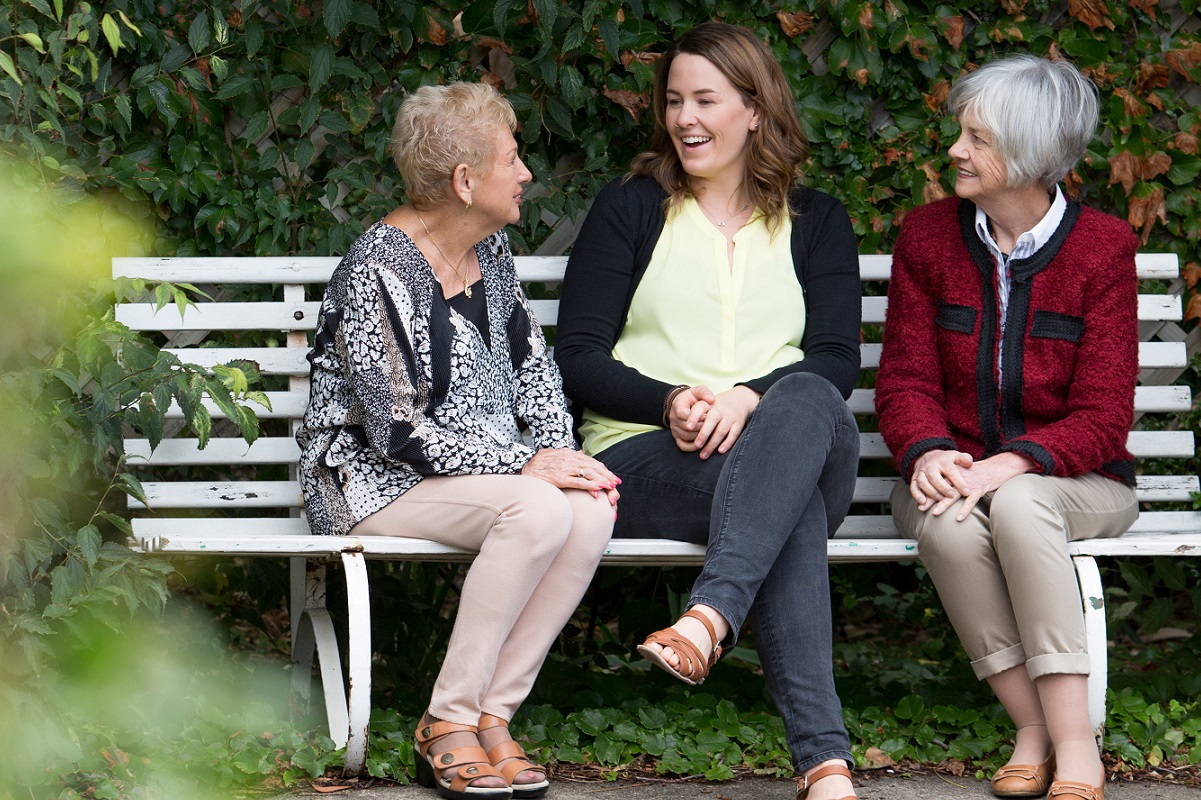
In Australia, close to half a million Australians are living with dementia and these numbers are rising. Health researcher Dr Monica Cations loves her role being at the front line, talking to people living with the condition, and translating the latest research into programs and practices to improve their quality of life.
What made you decide to work in the field of dementia research?
After working in aged care for many years, I wanted to make a difference at a broader level. I love the ongoing opportunity to learn through research.
What is your current research about?
My research aims to improve the care and services available for people living with dementia. I conduct a lot of research with young people living with dementia, who were under 65 years old when their symptoms emerged. This group experiences a lot of hardships associated with their symptoms happening at a time when they must continue to manage a huge number of responsibilities. I aim to understand their needs and work with providers to design responsive services.
How will it benefit the wider community?
My research is translational, which provides evidence that is used in clinical practice. Services for people with dementia should be designed and delivered according to what the evidence says is effective.
What has been your proudest moment as a researcher?
Seeing my research used by service providers is always a proud moment. I was recently contacted by a community organisation in Calgary, Canada, telling me it has designed a social program for people with young onset dementia based on recommendations I published in 2017. Participants have really benefited from the program.
What has been your most challenging moment?
There is a lot of uncertainty in research. Often you have great ideas that you feel will make a big difference in the community, but you can’t get funding. It depends on the priorities of funding bodies and a whole range of other factors, and while this can be disheartening, you can always try again.
Can you describe what a normal day looks like for you?
Every day is different. I might be meeting with students to help move their research forward, working with ethics committees, designing new projects, recruiting participants, analysing data, writing papers, or presenting at conferences. My favourite days are when I work with people with dementia, and helping service providers apply our research in their work.
If there is one piece of advice you could give future researchers and university students, what would it be?
Do your research in a field you really care about and stay focused on the bigger picture. If you know what you want to achieve – and for me, this is improving the lives of people with dementia and their carers – it motivates you to keep going. Also, conduct research in partnership with people living with the condition you are targeting. This ensures it is relevant to what they want and sensitive to their experiences.

